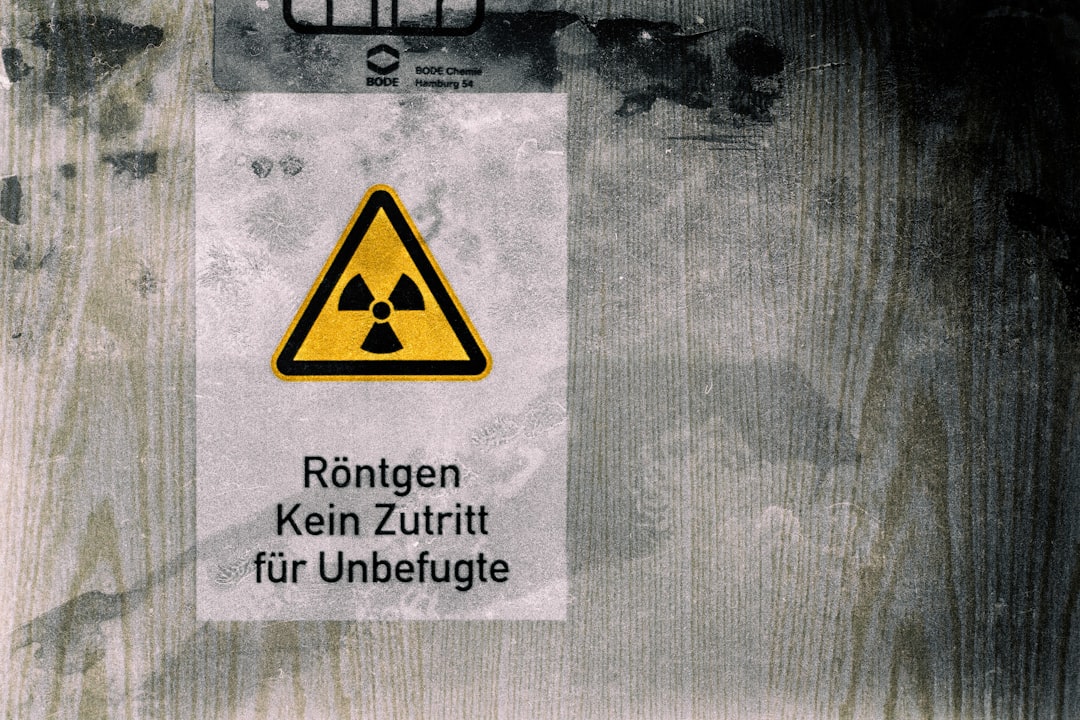What is it about?
Previous studies on the ring-opening polymerization of ε-caprolactone using structurally related aluminum complexes as pre-catalysts showed inconsistent trends in the total conversion time. We propose that an induction period for Al complexes for conversion to real catalytic species, Al alkoxide, should be considered because the total conversion time consists of both an induction period and polymer propagation time. Herein, the polymerization rate of a series of Al complexes bearing ketimine ligands was investigated.
Featured Image
Why is it important?
According to our results, the kinetic study is the better method for investigating the catalytic activity of alkyl aluminum complexes because the catalytic time includes the induction period and polymer propagation and the results will be incorrect if identified using the conversion for a period of time.
Perspectives
We successfully proved kinetic study is the better method for investigating the catalytic activity of alkyl aluminum complexes because the catalytic time includes the induction period and polymer propagation and the results will be incorrect if identified using the conversion for a period of time.
Professor Hsuan-Ying Chen
Kaohsiung Medical University
Read the Original
This page is a summary of: A closer look at ε-caprolactone polymerization catalyzed by alkyl aluminum complexes: the effect of induction period on overall catalytic activity, Dalton Transactions, January 2015, Royal Society of Chemistry,
DOI: 10.1039/c5dt01563d.
You can read the full text:
Contributors
The following have contributed to this page










